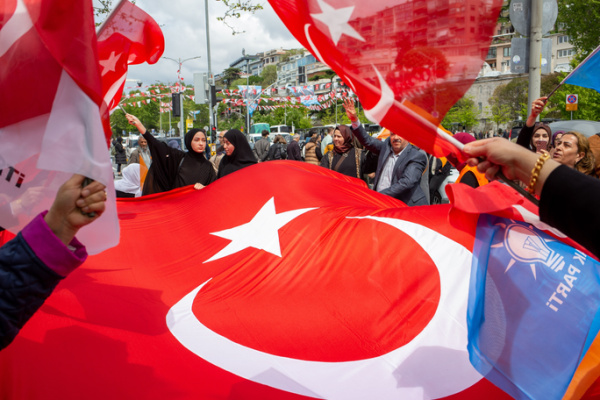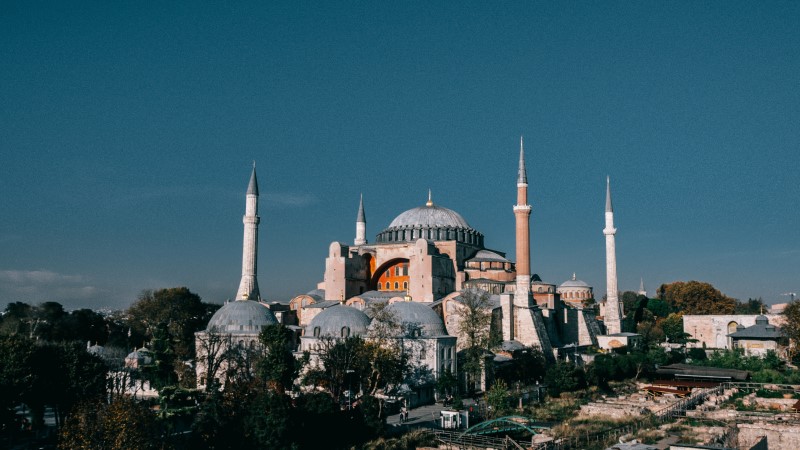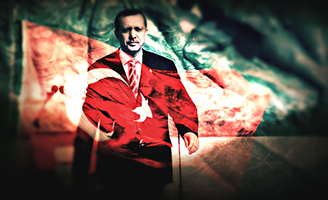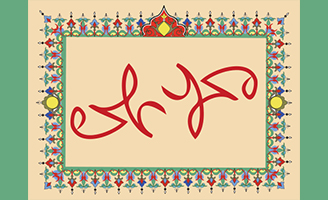The “Shadow” Foreign Minister Steps into the Light: Hakan Fidan Enters the Cabinet
By Reuben Silverman
June 14, 2023
During more than twelve years as director of the National Intelligence Organization (MİT), Hakan Fidan played a central role in expanding Turkey’s regional influence. From the Syrian Civil War to the government’s global crackdown on the Fethullah Gülen movement, he was involved in shaping and implementing major policies. His appointment as foreign minister on June 4, following President Recep Tayyip Erdoğan’s reelection, is meant to signal a return to more unified, consistent diplomacy following a decade of uncertainty. The appointment of Fidan may also be part of an effort to present a “moderate” image to international institutions and not least to the United States.

Five Years after July 15: Erdogan’s New Turkey and the Myth of Its Immaculate Conception
By Gareth Jenkins
July 15, 2021
Five years after the July 15-16, 2016, failed coup attempt that enabled Turkish President Recep Tayyip Erdoğan to consolidate his authoritarian rule, many of the questions about what happened that night remain unanswered. Nevertheless, the regime’s narrative about the putsch has become the foundation myth for what Erdoğan and his supporters claim is the emergence of a “New Turkey” – the global defender of the world’s Muslims and a regional superpower, which is constantly thwarting Western plots to undermine it. But not only is this narrative deeply flawed but it is clear that the regime is hiding something. The only question is whether it is complicity, incompetence or both.

The AKP’s Radical Conservatism: A Utopian Project Not Yet Exhausted
By Toni Alaranta (vol. 8, no. 11 of the Turkey Analyst)
Can the Islamic-Conservative, utopian state project endure? This is the crucial question as Turkey approaches parliamentary elections, to be held on June 7. The whole political system is at stake. President Recep Tayyip Erdoğan and his most enthusiastic “New Turkey” zealots are going to push their utopian Islamic-Conservative regime forward, to the very limits allowed by the international system. The Islamic-conservative utopian state project in Turkey is not yet exhausted.

The Portentous Legacy of “New Turkey”: Sectarianism Invited
By Halil Karaveli (vol. 8, no. 9 of the Turkey Analyst)
The Islamists no longer occupy the moral high ground in Turkey. And Islamization has at least to some extent ceased to serve the interests of Turkish capitalism. Yet what beckons is not the disappearance of the Islamic factor from Turkish politics, but its irruption in new, uncontrolled form. The legacy of the “New Turkey” – the catchword of the AKP regime – is a portentous exacerbation of sectarianism.





